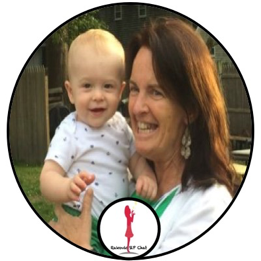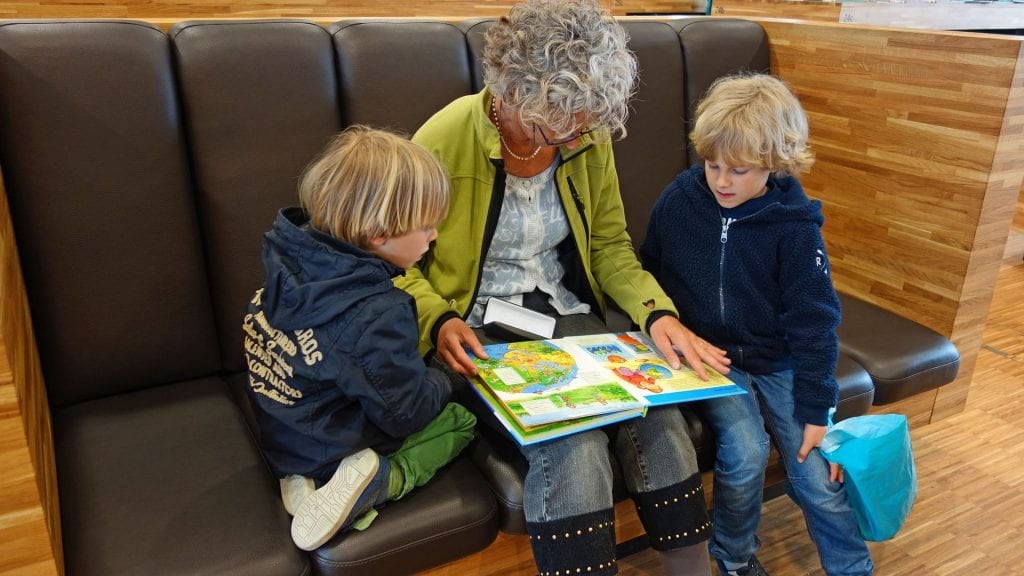The most important thing that parents can do to assist their child in education is to read to them. Reading opens up new worlds to your child, stimulates their imagination, and exposes them to vocabulary that is not common in conversation.
Reading promotes cognitive development. Cognitive development is the ability to think, understand, problem-solve, and promotes the development of memory skills as the child begins to organize his world.
However, it is not just the reading of the story but it is the talk around the stories that help the child see the world. It helps them relate the story to their own life.
The more adults read to their children the greater the vocabulary that develops and the greater the child’s understanding of their world. Not only is the vocabulary more sophisticated in books but so also the grammatical structures are more complicated.
There are five areas of language that is most important for the development of reading skills.
- Phonemic Awareness: Being able to hear, identify and play with sounds
- Phonics: Being able to connect the sounds of language with the letters
- Vocabulary: being able to use words to communicate
- Reading Comprehension: being able to understand and get meaning from what is read
- Fluency: being able to read accurately and quickly
Reading also helps to form a bond with your child. Having a time that you read with your child can create a time that the child looks forward to. It makes a connection between reading and pleasure, which will help the child develop a life long love of reading.
How to read to your child. Please know that you can just read to your child, however, if you want to make storytelling more exciting you can:
- Create voices for the different characters
- Have the child act out the characters
- Create puppets for the story
- Pause on each page and do a ‘Think Aloud‘. A ‘think aloud’ is when you say what you are thinking as you read. This could be ” I wonder what the characters are going to do?” ” Wow, this is set on an island.”


